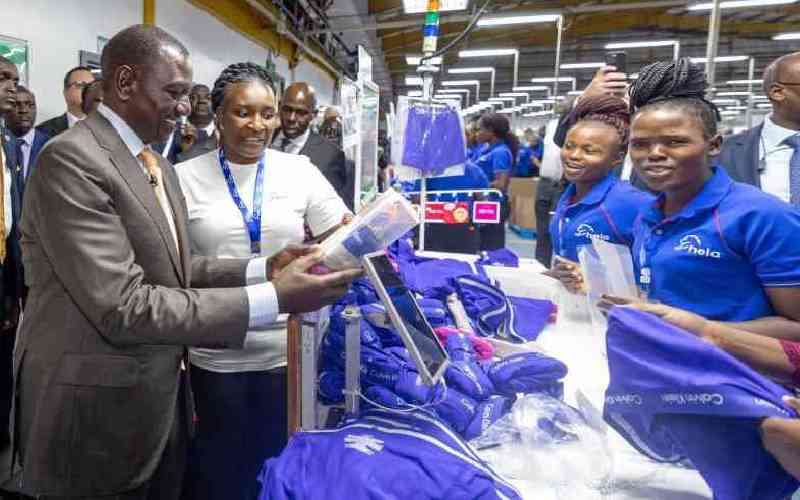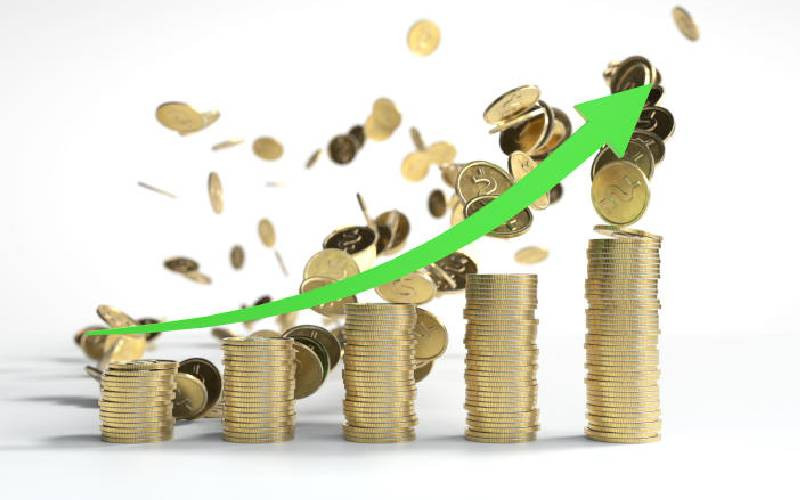Parliament is awakening to its core responsibility of protecting the ordinary Kenyan taxpayer.
This is seen in the recent move by the House tasking the Treasury Cabinet Secretary to provide for affirmative measures for recovering the money where a credit guarantee it has given is liquidated.
The State seeks to ease credit access for risky borrowers, especially small and medium-sized businesses by providing third-party credit risk mitigation to ensure they remain solvent amid the coronavirus epidemic.
The National Assembly Committee on Finance and National Planning has also proposed changes to the Public Finance Management Bill, 2020 to limit the period a business can take to repay the loan to six months.
After this period, the borrowers can have their businesses seized by the State and auctioned to recover the money owed to the public.
These proposals will close a loophole that many individuals who benefit from government lending schemes use to avoid repaying their loans.
It is hoped that Parliament will follow up this recommendation to its logical conclusion.
Hopefully, the National Assembly will at the same time come up with a law that will require the government and private institutions who buy goods and services from these SMEs to pay their bills within 30 days as it is usually stipulated in many contract documents.
This would ensure the SMEs have adequate cash flow to meet their financial obligations, including the repayment of bank loans.
There is reason to believe that a well-functioning credit scheme would attract other investors to go into business and in a way that would eventually grow the SMEs into big businesses.
The positive response from the European Union (EU), which has pledged to put Sh11.7 billion into the kitty the government is setting up, and the expected infusion of extra capital from the World Bank and the African Development Bank is enough evidence that the kitty will have enough money.
Perhaps this will encourage the government to come up with other innovative ways of encouraging the setting up of even bigger companies to manufacture export goods in the light of the current disruption of global supply chains following the coronavirus epidemic.
Japan has already announced plans to relocate some of its manufacturing from China to other countries.
The United States and some European importers have already done the same or are considering taking similar steps.
It would be a pity if Kenya, and its African peers, were to stand on the sidelines while a new world trade order is being built.
Stay informed. Subscribe to our newsletter
[Mbatau wa Ngai; [email protected]]
 The Standard Group Plc is a
multi-media organization with investments in media platforms spanning newspaper
print operations, television, radio broadcasting, digital and online services. The
Standard Group is recognized as a leading multi-media house in Kenya with a key
influence in matters of national and international interest.
The Standard Group Plc is a
multi-media organization with investments in media platforms spanning newspaper
print operations, television, radio broadcasting, digital and online services. The
Standard Group is recognized as a leading multi-media house in Kenya with a key
influence in matters of national and international interest.
 The Standard Group Plc is a
multi-media organization with investments in media platforms spanning newspaper
print operations, television, radio broadcasting, digital and online services. The
Standard Group is recognized as a leading multi-media house in Kenya with a key
influence in matters of national and international interest.
The Standard Group Plc is a
multi-media organization with investments in media platforms spanning newspaper
print operations, television, radio broadcasting, digital and online services. The
Standard Group is recognized as a leading multi-media house in Kenya with a key
influence in matters of national and international interest.








